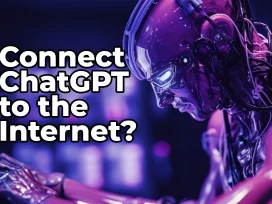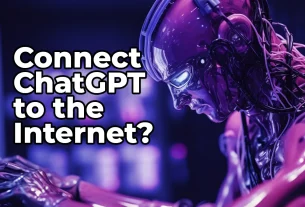
Where Can I Get Free Internet?
Internet access is an integral part of modern life, yet it can be costly. Unfortunately, for many families, high-speed internet service may not be financially feasible.
Those without the means to pay for internet service have plenty of options available. These may include government programs, cable and phone companies, as well as other resources.
1. Fast Food Chains
Fast food restaurants generate significant profit and are among the world’s most beloved restaurant types. Offering reliable meals at low prices has made them highly sought-after by consumers worldwide.
Restaurant popularity is determined by several factors, including its location, customer service and reputation. But revenue is the most crucial element when judging a restaurant’s success.
BizVibe conducted an analysis of annual sales data from QSR magazine, the restaurant industry trade publication, to identify which fast food chains were the most profitable. We then added market capitalization, a more B2B-oriented measure of a company’s worth, as another factor.
McDonald’s is the largest and most valuable fast food chain in the world, with a market cap of USD 122.9 billion. Its parent company, McDonald’s USA, has seen annual sales increase to more than $35 billion over five years.
2. Libraries
Libraries offer internet at a reduced rate. Since 1996, public libraries have been able to take advantage of the E-Rate program that provides internet connections at this discounted price.
Libraries have long been essential in closing the digital divide. Seattle’s public library even allows patrons to “borrow” an internet connection through their inventory of 1,000 Wi-Fi hotspots.
The COVID-19 pandemic has put a spotlight on this role and underscored how essential it is for communities to have access to affordable internet. Librarians across America have come up with innovative solutions to bridge the digital divide during this period, such as turning bookmobile vans into roaming WiFi hot spots or extending library Wi-Fi coverage outside tables so community members can use it.
Libraries are essential in upholding information freedom and combatting government censorship. Furthermore, they serve as invaluable bridges between education gaps and economic vitality.
3. Public Wi-Fi
Public Wi-Fi networks, such as those found at airports, coffee shops, libraries and hotels, offer free internet access for many. While these connections may be convenient, they’re often unsecure – posing security risks to your personal information and data.
Hackers may intercept and alter your data for their own gain, using public Wi-Fi networks as a distribution channel for malicious software such as viruses and worms that track activities and collect personal information.
To protect your personal information, it is recommended that you read the network’s terms of service and set up a virtual private network (VPN) on your device before connecting to public Wi-Fi. This will help ensure the safety of all of your connected devices.
Public Wi-Fi has become increasingly popular, which can be beneficial for businesses such as retail stores and restaurants. These open networks help boost customer traffic and audience growth.
4. Shared Wi-Fi
Sometimes the internet may not function properly, particularly at an airport or hotel. Or maybe you’re at work and need to connect a new device but can’t recall its password. In such cases, having backup plans for each device is your best bet for getting online quickly again.
Thankfully, there are ways to share your Wi-Fi password and get connected without having to remember all those complex codes. Not only does this save on mobile data costs, but it makes the internet much more accessible as well!
Android phones are especially user-friendly, as they allow users to share their Wi-Fi passwords through a QR code. All that needs to do is open your phone’s Wi-Fi settings and tap on the share button – it’s that simple!








